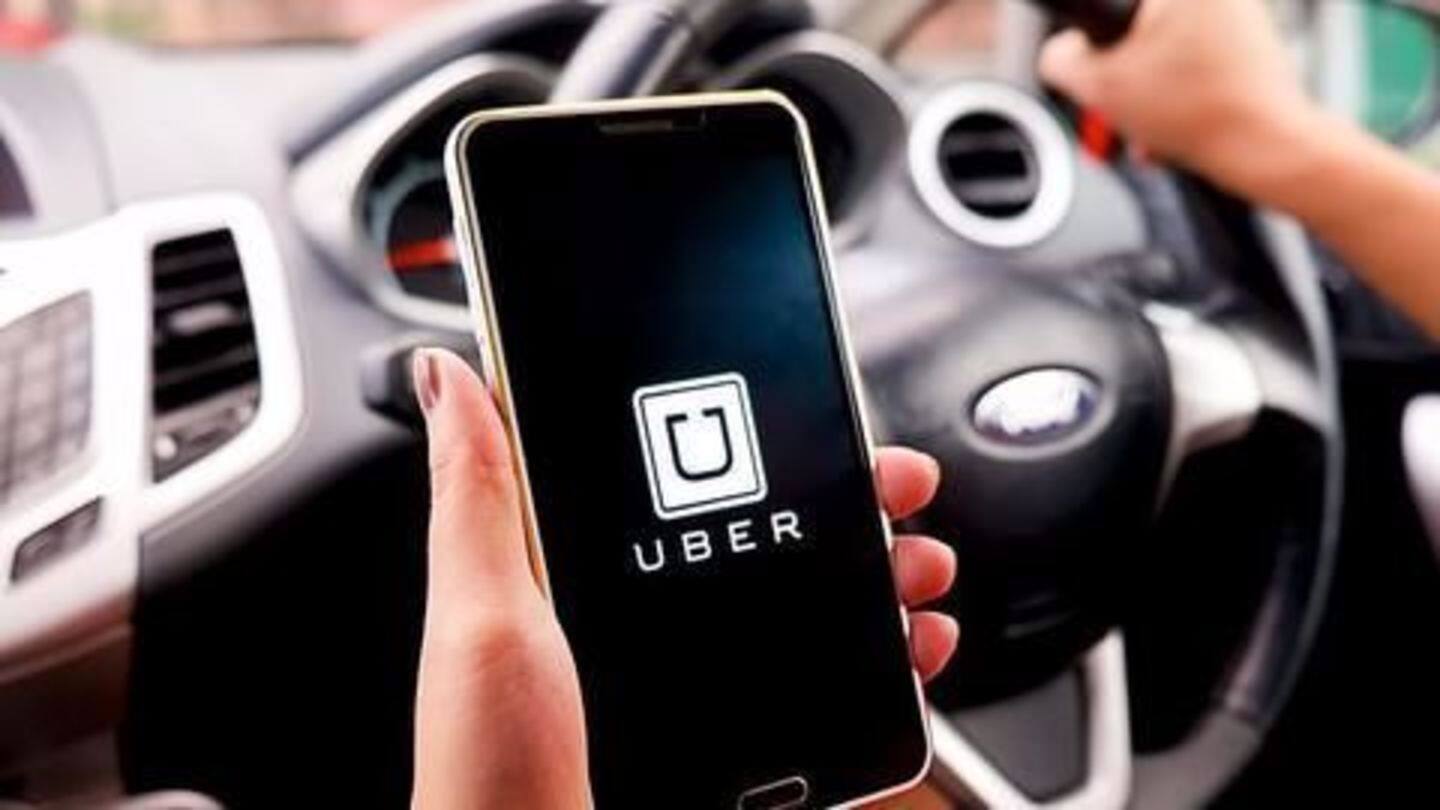
Uber shares financially upward trajectory to cover failures
What's the story
Uber is a privately held company and is therefore not legally required to share its financial credentials with the public or anyone else for that matter.
With recent scandals putting a rogue tag on firm's reputation, it has in a move decided to divulge its revenue projections to counter effect the downwards spiral it's on.
Will this gimmick pay off for the firm?
Numbers
Numbers to suit their needs not to show the truth
The firm shared that their (GAAP) net revenue accrued was $6.5billion in 2016 and the adjusted losses stood at $2.8billion giving a rosy tinge to the firm's standing.
However, it didn't divulge the Q1 reports when it had its first wave of problems and also numbers were devoid of the huge losses they took in China while losing out the market to Didi Chuxing.
Ups and Downs
It's all good, says Uber
The scandal-riddled ride-hailing giant reported that they had seen a 28% rise in their gross bookings in the last three months compared to their previous quarter.
The firm's last accounted quarter garnered them a $2.9 billion in revenue which is a 74% quarter-on-quarter increase.
The losses stood at a $991 million in the last accounted quarter according to the firm's released report.
Report
Presenting a half-baked incomplete report
If Uber had to come clean about their financial status they would have reported its Q1 reports, which they conveniently kept to themselves saying that they were in tandem with their expectations but have not been shared with their investors.
If it was not presented to investors there was no point in divulging a half-baked report to pull up a poorly executed stunt.
China
So a big loss in China didn't dent revenue?
Didi Chuxing gave Uber a solid whooping, thanks to the support of the Chinese government ousting them of the Asia's largest economy where they desperately fought.
Surprisingly, the report didn't mention the huge revenue loss due to the sale of the Chinese arm and subsequent 18% stake buy in Didi Chuxing while citing their global net losses were $1.2 billion.
Hiccup
The GAAP loophole in the report
GAAP stands for 'generally accepted accounting principles'; therefore the report takes account for the entire money generated from the UberPool fare.
However, the loss statement doesn't take into account the bleeding of profits due to stock compensations, investments for expansion like purchasing automobiles or real-estate and other fringe expenses that Uber incurs time to time as a part of its necessary expenditures.
Snapshot
The entire scenario in a snapshot
Start-ups are no stranger to losses when they are still establishing themselves and exploring new possibilities, but when the growth pace fails to outrun the cash burn it becomes a problem in the long run.
Uber may have tried to redeem itself to look good, but with the backdrop of scandals time will say, instead of botched numbers, what will happen.